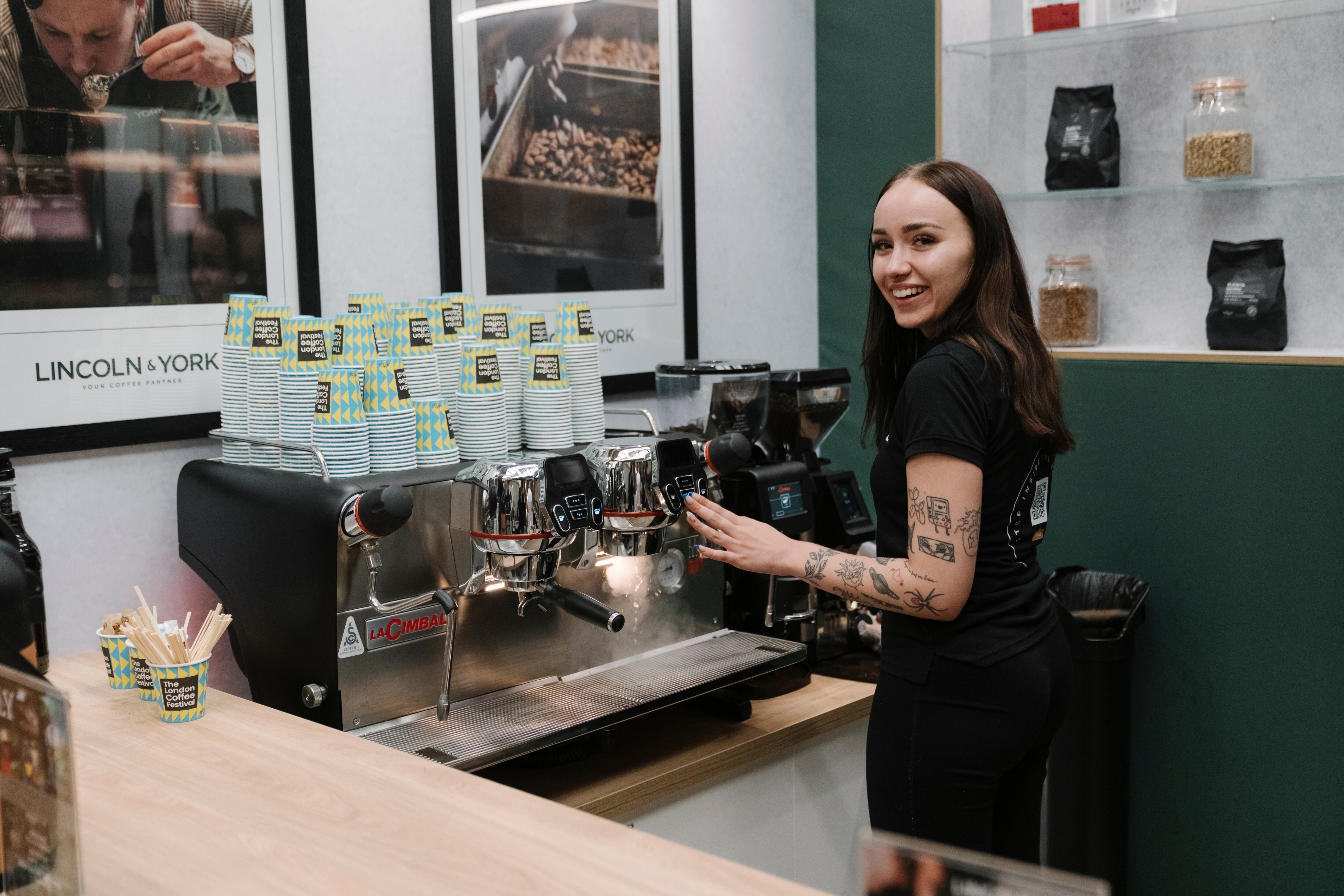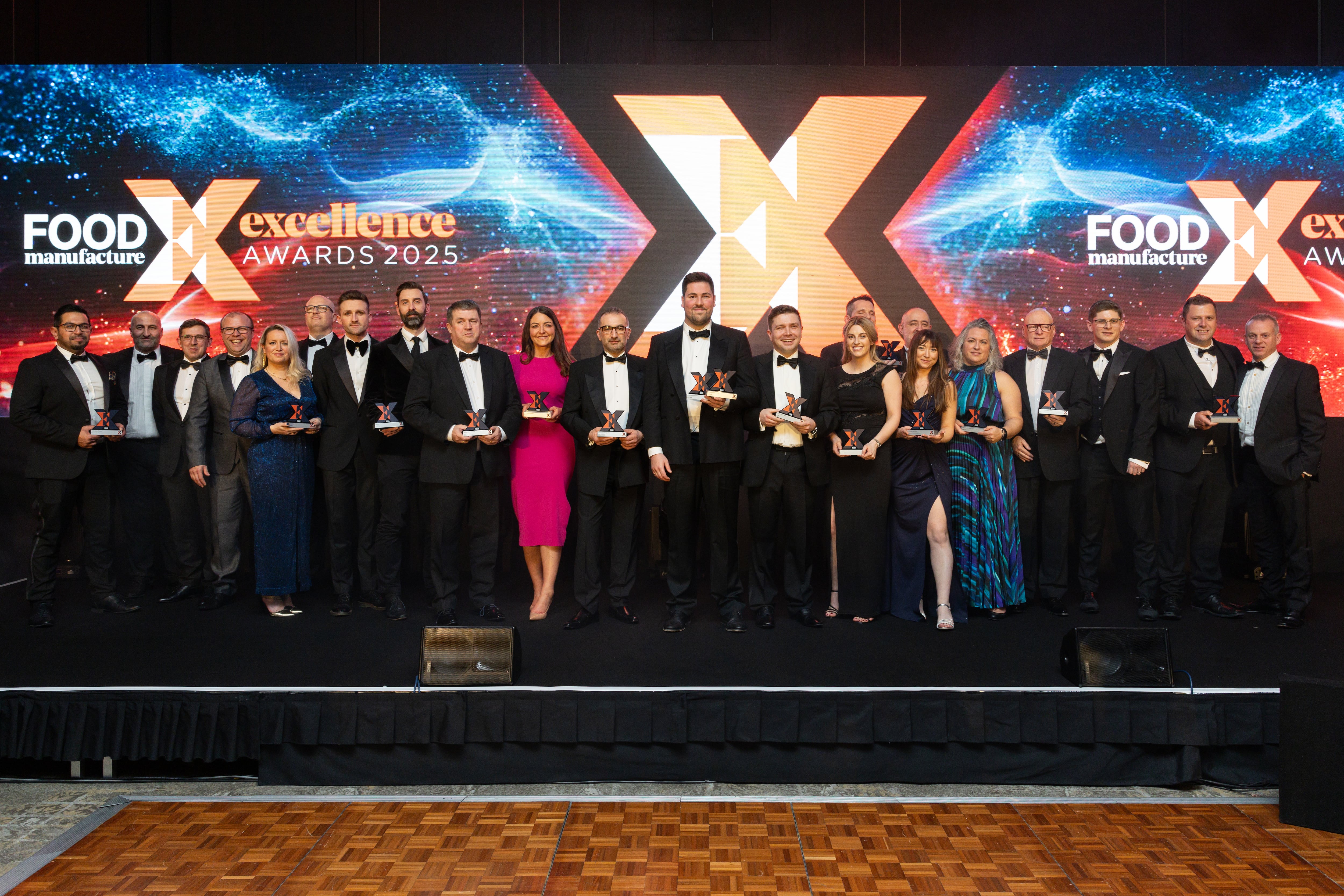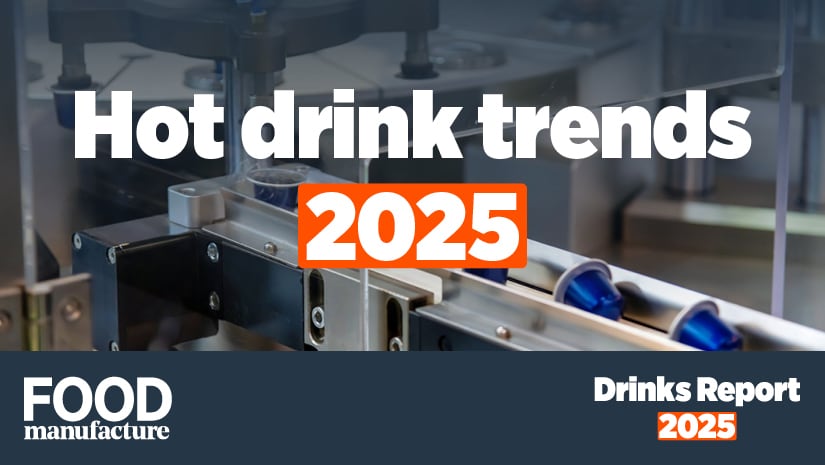When we last caught up, Lincoln & York’s talented Mollie Harvey spoke about her plans to come following her win at the 2024 Food Manufacture Excellence Awards. This included her intention to secure her Q Grader license - an achievement she’s now ticked off her list.
As entries for 2026’s awards come in, we take a moment to find out more about the exams, Harvey’s personal experience, and what this means for her future in coffee.
With 14 accolades up for grabs, you can enter the Food Manufacture Excellent Awards 2026 here.
Q: How did you find studying for your Q Grader exams?
A: Studying for my Q exams was really intense. There’s a lot to learn and many different skills to master so it can feel overwhelming.
Having a team of qualified Q Graders with me here at Lincoln & York was really helpful. The team supported me throughout my studies and enabled me to taste and grade a wide variety of different coffees every day.
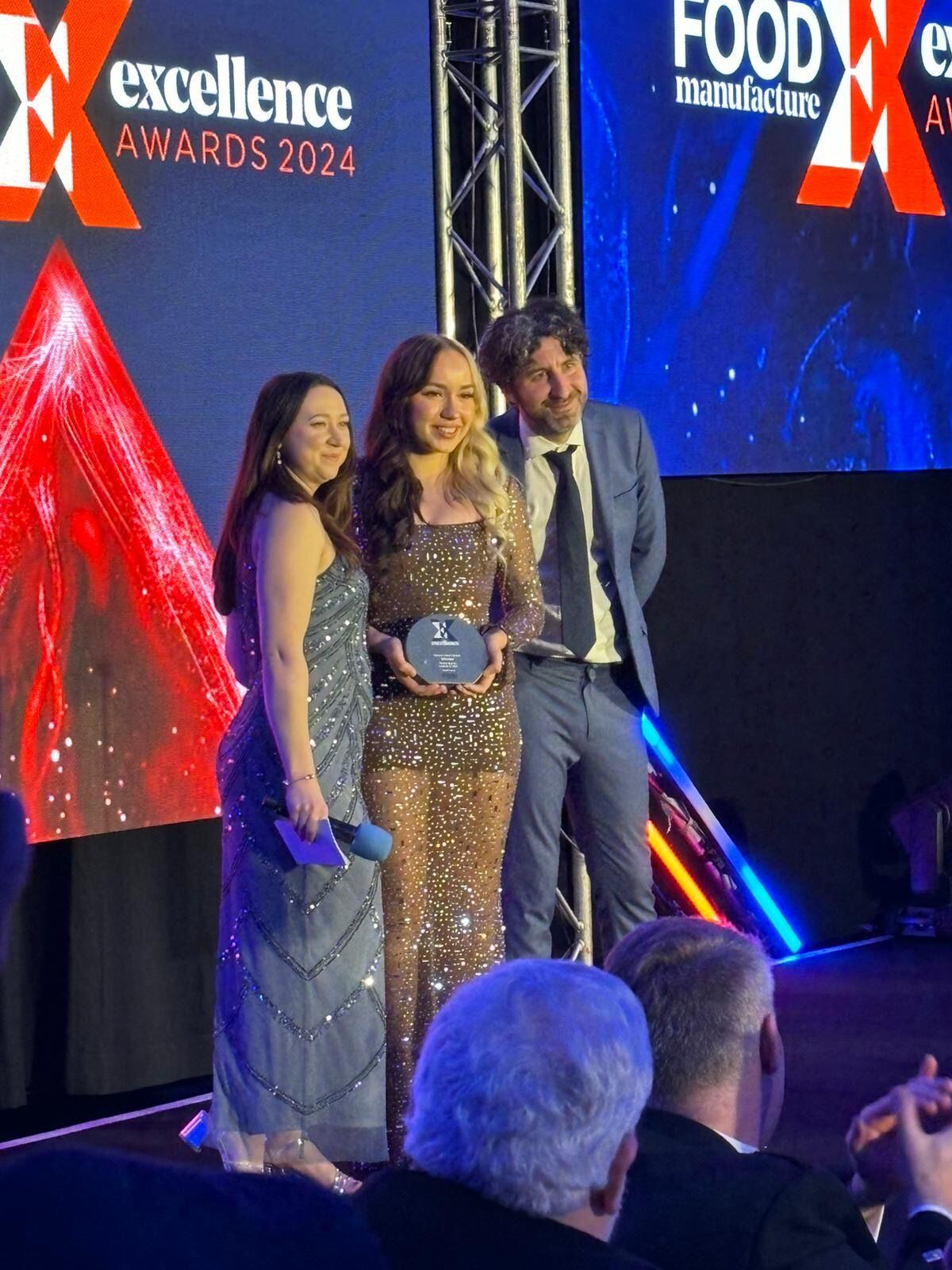
Our Q Graders assess over 150 cups a day to ensure quality and consistency for our customers, so I was able to practice and learn on the job surrounded by experts.
Q: Can you break down for us the different exams and what they’re for?
A: At the time I was sitting the exams, there were 20 tests in total spanning a range of different skills. Q Graders need to be able to assess coffee quality and ensure consistency against a universal scale. I think of it as the language of coffee and every Q Grader in the world can speak it and assess coffees by the same measure. To reach this standard it’s vital that our sensory skills and knowledge are first rate which is why the exams are so extensive.
The tests included the flavour standards test which involved tasting and identifying positive and negative flavours in solutions. We also did four Le Nez du Café tests in which you have to match up and identify four different categories of aroma.
There was green grading and roast grading which involves sorting samples of green and roasted coffee to remove and identify defects. We also then had to conduct a roast ID test to pick the odd one out of four roast colours and identify which roast it was.
The exam also included organic acid testing which sees two cups in a set of four spiked with an acid and we had to find the spiked cups and identify which acid it was. We then did two sensory tests identifying sweet, salty and sour tastes and figured out their intensities and ratios in a mixture.
And that’s only the start!
For the main part of the Q exam, we completed four cuppings, scoring six different coffees and calibrating our scores amongst the group. We also did four triangulations which involves identifying the odd one out of three coffees spanning different origins and processing styles. Then finally, there’s the general knowledge questions which test your understanding on every aspect of coffee from bean to cup.
Q: What’s the best part about being a Q Grader?
A: At Lincoln & York we’re proud to have four of the 135 Q Graders in the UK in house at our Brigg roastery and its brilliant to be surrounded by teammates who have such a high level of expertise.
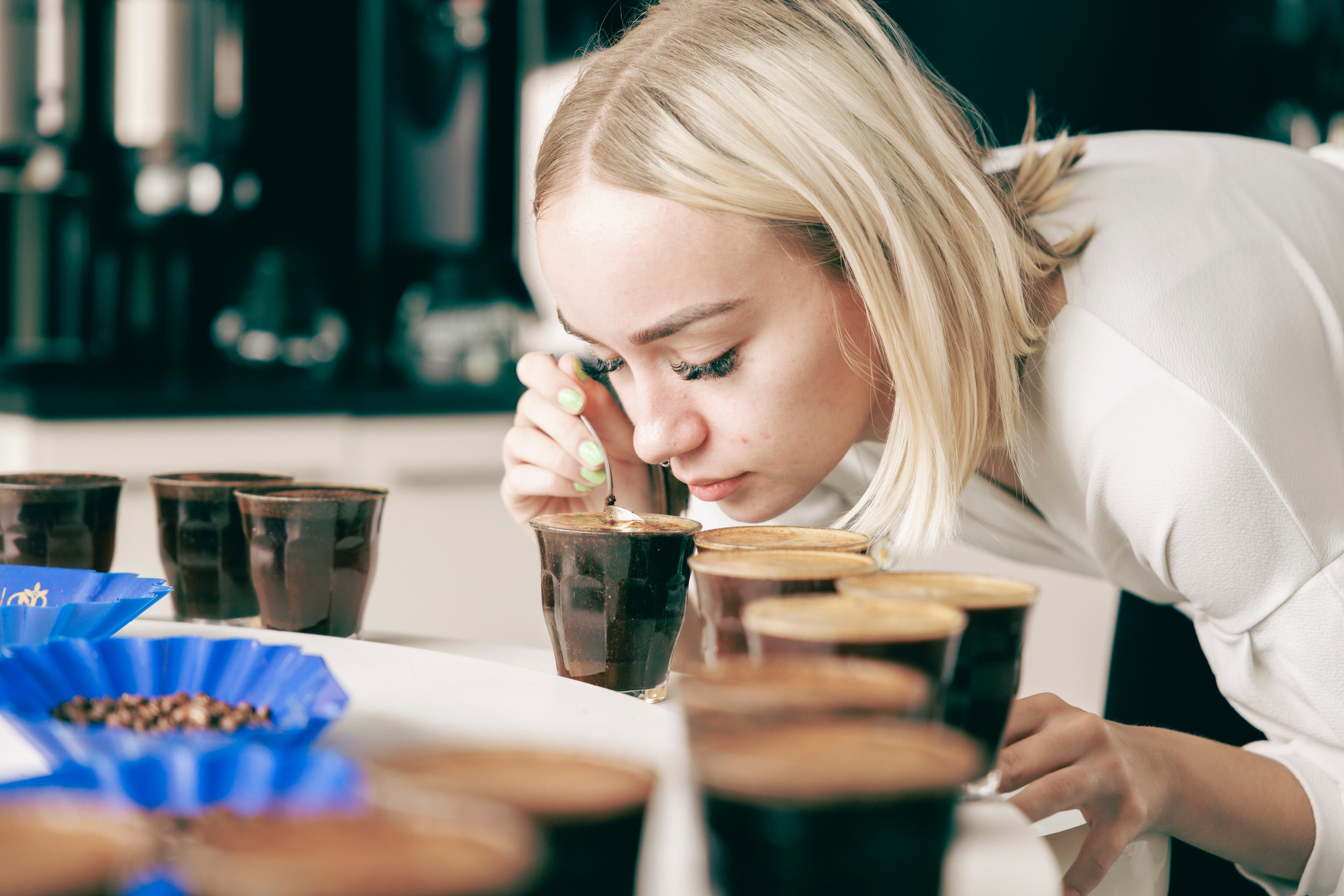
For me, the best part of officially being a Q Grader is having the opportunity to work and network with other like-minded people who share my passion for coffee.
Our team supplies 150 customers who trust us to provide them high quality coffee, roasted to perfection, every time. As someone who has struggled with confidence in my career, it gives me a level of credibility on a personal and professional level which I’m really proud of.
Q: What are your thoughts on the SCA’s recently launched Coffee Value Assessment?
A: As with any industry-wide changes, it will take some getting used to but it definitely has its positives. We’ve already seen some areas in day-to-day operations at Lincoln & York where we can apply the new system and use it to our advantage. We have our finger on the pulse of the latest coffee trends and consumer behaviour, so we understand how important the extrinsic factors like ethical or environmental certifications are to consumers and how they impact the quality of a coffee.
It’s an exciting time to be starting my career as a Q Grader and I’m looking forward to continuing to grow my skills through the new CVA.
Q: What are your future goals in the coffee industry?
A: I’m really happy with where I am at the moment, I love my day-to-day assessing our coffee, blend matching and creating bespoke blends for our customers. But one of the great things about the coffee industry is that you never really stop learning. I’m excited to see where this takes me, from taking my CVA in the next couple of weeks and to continuing to develop my skills and working on coffee innovation projects.
The Food Manufacture Excellence Awards 2026 is sponsored by headliners Menzies, and event sponsors Domino Printing Sciences, Reed, and Langdon.


